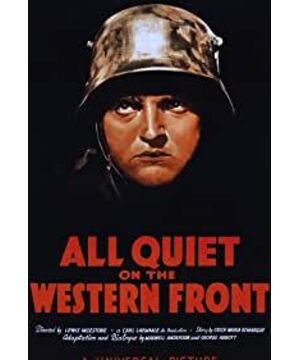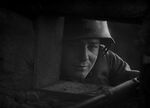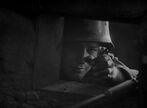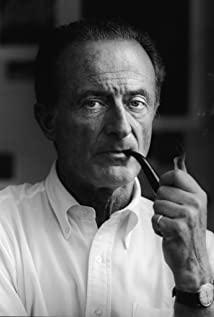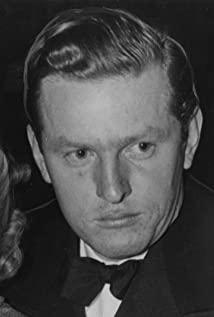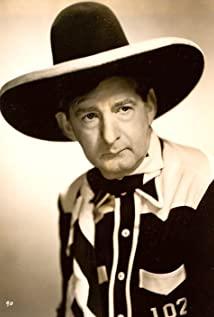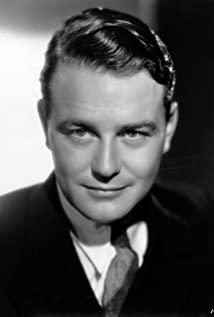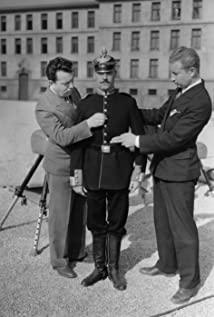Written by Lemon Bomb
Edit
This article was first published in the 21st Century Racer's Official Account: https://mp.weixin.qq.com/s/h3xw4MOnJLGDk-_V-0vdQQ
On June 28, 1914, Grand Duke Ferdinand was assassinated in Sarajevo. Nowadays, it is generally accepted that this unfortunate incident was the fuse of the First World War, but the people at the time did not see the harbinger of a world war. No matter whether princes, nobles or ordinary people, no one would have thought that this event would lead to a war catastrophe that would lead to the death of more than 10 million soldiers.
In August 1914, countless youths were driven into the meat grinder on the battlefield and began a bloody strangulation that lasted for four years. In addition to the absurd reasons for war, there are also absurd war processes. In this case, the two main fronts of Germany, the east and the west, have hardly changed, except that many bones are gradually piled up on the battlefield.
In 1914, the nobility system still existed, and class barriers were clear. A soldier is a soldier, and a general is a general. The soldiers who drank the dirty water with you in the trenches are ordinary people who have been unable to leave a single surname in the past thousands of years of human history. Nobles and generals have waged wars, and tens of millions of people will fight for it. die.
In 1918, the war was temporarily put out, and no one really won. It's like two wrestlers fell to the ground at the same time after a long and fierce fight.
◑Erich Maria Remack was enlisted from school in 1916 and was injured many times.
◑After the war , he wrote the novel "No War on the Western Front" based on his own experience in 1927 , and achieved unprecedented success.
◑The novel was adapted into a movie of the same name and released in 1930. In the same year, he was attacked by the Nazi Party and left his hometown.
◑In 1933, when Hitler came to power under the Nazi Party, Remark's works were burned and banned.
In the film "No War on the Western Front", German student Paul Bowman and his classmates were inspired by the teacher's patriotism, and they turned to the army. However, they soon discovered that the real war is completely different from the imagination.
There is no heroism here.
Only half of the people in a company at a time return, but surviving the battle is only the first step. You have to endure endless hunger, and you must ensure that you will not go crazy amidst the annoyance and fear of the roar of artillery.
The first scene of the war in the film is a historical presentation, real, cruel, and bloody that can be felt through black and white.
In 1930, there was no pyrotechnics as it is today, and the explosion was very dangerous, but it did not lose the scene of today’s war.
The most unique thing about this war scene is that there is no element of heroism in it, and there is no difference between justice and evil. Every viewer is looking at the cruelty of war from the most calm perspective. Watching a person rush up, how to kill left and right gear, how to avoid bullets, and shoot one enemy at a time. This is not war; watching a group of people rush up and be swept down by rows of machine guns, humble like ants, this is war.
Putting aside all the factors that determine our war mood—heroism, patriotism, nationalism, etc.— no normal person can get a little bit of joy from the war scene.
In the cruel environment of war, classmates and comrades in arms either went crazy or died. The same is true for the enemy.
"No War on the Western Front" ingeniously trapped Paul Bowman and a wounded French soldier in a crater. The French who lost their fighting capacity, like every ordinary person in the world, struggle, groan, and desire to survive. It is one thing to kill an enemy on the battlefield, but it is another thing to watch a person gradually die.
In front of swords and guns, people are no different. They all have families, have concerns, and are mortal. They all fight for some reason and die for some reason.
Paul Bowman was injured, neither minor nor serious. There is no need to be physically disabled like a comrade-in-arms, but it is enough for him to return to his hometown on vacation and return to his mother's arms. But the expected hometown has become completely unfamiliar, and I think about it, the rear is still the same as before, patriotism and heroism are raging, the gentlemen in the tavern are arguing over strategic strategies, and they can’t listen to a soldier who has actually experienced war. Opinion; the students in the school are still crazy about patriotism and heroism, and regard the soldiers’ cruel descriptions of the war as a manifestation of cowardice.
Paul Bowman feels lost- the people in the rear are living in the political wave and paranoid lies, plunged into fantasy, and have no understanding of the ruthlessness of real war.
Paul Bowman can only return to the company. Only here can there be a strong friendship forged by blood instead of deception; only here can people respect reality for survival.
The close friendship established in the trenches between the masses of workers and peasants and intellectuals has a natural class attribute. The soldiers in the trenches have no distinction of identity attributes, and the concept of equality is brewed from it, which has a significant impact on the post-war world.
At the end of World War I, the February Revolution and the October Revolution occurred one after another in Russia, and the left-wing movement gradually emerged throughout the world. Accompanied by this was the end of the nobility system, and the living who emerged from the embers of the war could no longer bear these feudal lords who had existed for thousands of years.
The influence of World War I was greatly overshadowed by World War II that followed, but World War I is the most worthy of human consideration. In many battles after World War II, Vietnam War, etc., because the ideological struggle involved still affects us today, it is difficult to thoroughly reflect on the anti-war , not to mention that the World War II and Vietnam War themes that we often see today are still full of movies. Heroism and ideological propaganda.
The First World War was very different, and its absurdity provided us with a calm perspective of war.
The so-called war is the killing of innocent people, which is always a tragedy for individuals.
The cruelty of the war itself will not be changed by personal emotions and will, nor will it differ in any way due to the connotation and standpoint of the war.
Judging from what happened to Paul Bowman during his vacation, it seems inevitable that Germany will repeat the same mistakes ten years later. Although the outbreak of the Second World War had its political complications, the failure to learn from the First World War was also one of the reasons.
The First World War was a war of soldiers. The front was seen in a very narrow space. The people in the rear had no direct knowledge of the cruelty of the war until the storm of war swept the world again.
The destiny of individuals is extremely fragile under the torrent of history and is not worth mentioning. This is an important reason for us to oppose war:
I cherish my own life and the lives of others. Any grand ideal that needs to be realized by sacrificing innocent lives is questionable. It is a historical tragedy, and it is based on human wisdom but cannot solve internal problems. Disaster caused by the initiative.
Paul Bowman, who has returned to the battlefield, has lost everything--
Hometown and comrades-in-arms were all destroyed by war.
In a peaceful confrontation,
Paul reached out to catch a butterfly,
No charge, no artillery fire,
Just one bullet will take his life away.
"He was killed in action in October 1918. The whole front line was so peaceful and silent that day, so the battle report of the army command only wrote this sentence: No war on the Western Front."
——Remak "No War on the Western Front"
Written by Lemon Bomb
Edit
This article was first published in the 21st Century Racer's Official Account: https://mp.weixin.qq.com/s/h3xw4MOnJLGDk-_V-0vdQQ
View more about All Quiet on the Western Front reviews


